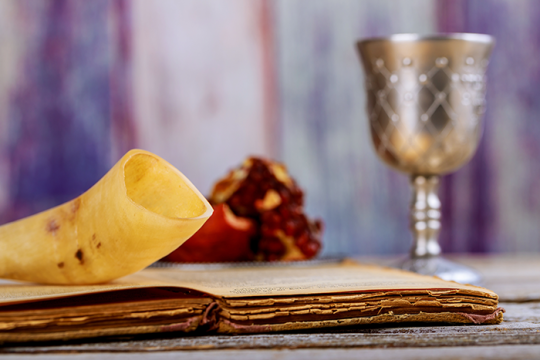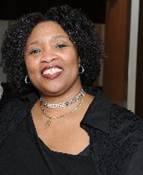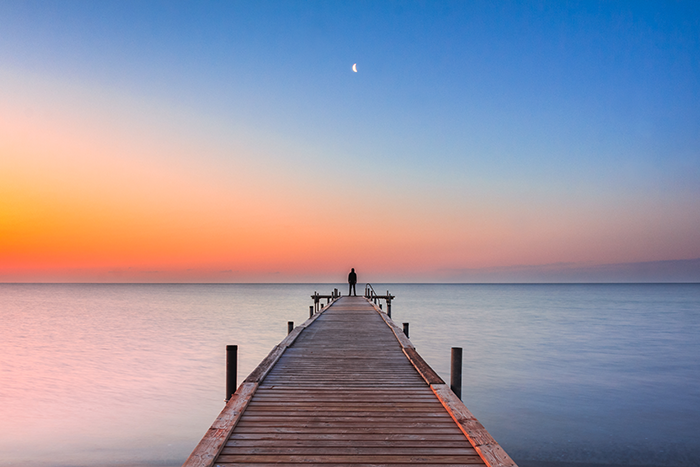
In Pirkei De Rabbi Eliezar 11:5-6, we are told:
“God created humanity from the four corners of the earth-yellow clay, and white sand, black loam and red soil, therefore, the earth can declare to no part of humanity that it does not belong here, that this soil (the earth) is not their rightful home.”
Human beings live in different cities with different climate and weather patterns, different states with diverse natural wonders, different countries where a variety of foods and animal life can be found, and different continents where multiple languages are spoken. Human beings have unique cultural traditions, various religious practices and multiple names used to refer to the Divine. And yet, with all our differences, the ways we have adopted culture, tradition, language, religion, and the basic life-sustaining elements of food, water, air, shelter, and love are universal.
This year, as Jews across the globe begin to prepare for the High Holy Days, the most sacred time of year, I personally feel a sense of deep despair and fierce urgency to enter the year of 5786 embracing the particular and the universal. The period between Rosh HaShanah, the Jewish New Year, and Yom Kippur, the Day of Atonement, provides us with a timely opportunity for renewal, reflection, and repentance. It gives us a chance to repair ourselves through tikkun atzmi by embracing the particular, so that we can do our part of repairing the world, tikkun olam by embracing the universal.
As a Jew, I find myself yearning for the opportunity for reflection, repentance, renewal, and reimagination. There are so many injustices in the world that I cannot point to just one or create a hierarchy in my heart about which atrocity is more inhumane. As a resident of Washington, D.C. I have had a front row seat to an occupied territory. People of Latinx descent are afraid to leave their homes for fear of being captured like wild animals and shipped off to a country they know nothing about. As a resident of the United States, I am witnessing with horror the dismantling of every system imaginable: public health access; environmental protections; transportation infrastructure; and so many other initiatives that serve to protect the most marginalized in our society; the continued daily scourge of racism; the rise of antisemitism and all forms of hatred; and the rule of law are all in question. As a global citizen, I am watching with hopelessness and despair the continued loss of life from Gaza to Haiti to Ukraine and places in between.
With Rosh HaShanah and Yom Kippur only a few weeks away, how do we use that time to think about how we, as Jews, human beings, and particular individuals, contribute to the universal idea of the Divine spark in every human being? How do we ensure that every human being knows and understands that this soil (our Earth) belongs to all of us and is our rightful home?
First, we REFLECT by going inward. We explore those places inside of ourselves that have gone unchallenged. We commit, as individuals, to being a part of the universe that will bring justice and liberation. We must look into the mirror, challenge our assumptions and our biases, and add tools to our toolbox that will help us understand that the choices we make as individuals impact the sum of us.
Second, we REPENT. We learn from our mistakes and account for any harm we have had a hand in. We don’t stay there, but we do acknowledge what we have done to be hurtful, to not be helpful, when we could or should have.
Third, we RENEW by embracing the darkness. Darkness does not mean bad or evil in the way we have been taught by those that teach things. I see darkness as an opportunity for true transformation, true growth, true nourishment. What truly happens in darkness-at night we sleep, replenishing our body and mind, we collect our memories and store them for a future time. The soil provides nutrients that make things grow, a black hole; objects are transformed in a way that, if they could come back out, they would be different.
Fourth, we REIMAGINE. In the words of Muhammad Ali, “If the heart can conceive it, the mind can achieve it.” We are building from the ground up. There are a few things that we will be able to rebuild and most certainly will not be the same. Embrace the opportunity to reimagine and rebuild.
As we prepare for the High Holy Days this year, I implore us to not merely read or hear the words from our ancient text, but that we allow the words to embody our spirits and awaken our souls to the fact that, although we act as individuals, we are inextricably bound together to serve and honor all of humanity.
The core Jewish principle from the Talmud that calls Jews to realize that, if we save one person, it is as if we have saved the world is fundamental. If we are all doing our part to save one person, we are, in fact, saving the world. When we see each individual soul as being made in the Divine Image (b’tzelem Elohim), we are embracing and crossing the bridge from the individual (particular) and the universal (all of humanity).
Related Posts
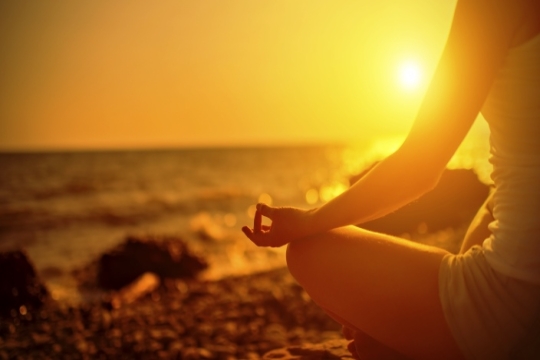
How Meditation is Preparing Me for the High Holidays
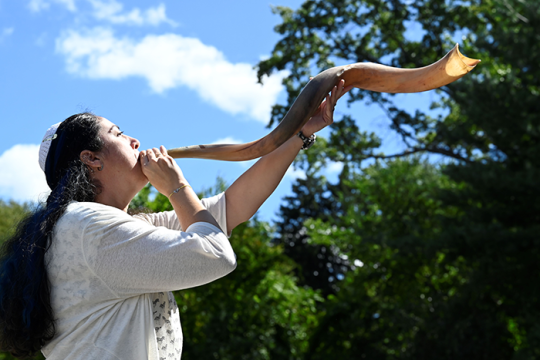
Five Things to Consider this Yom Kippur
